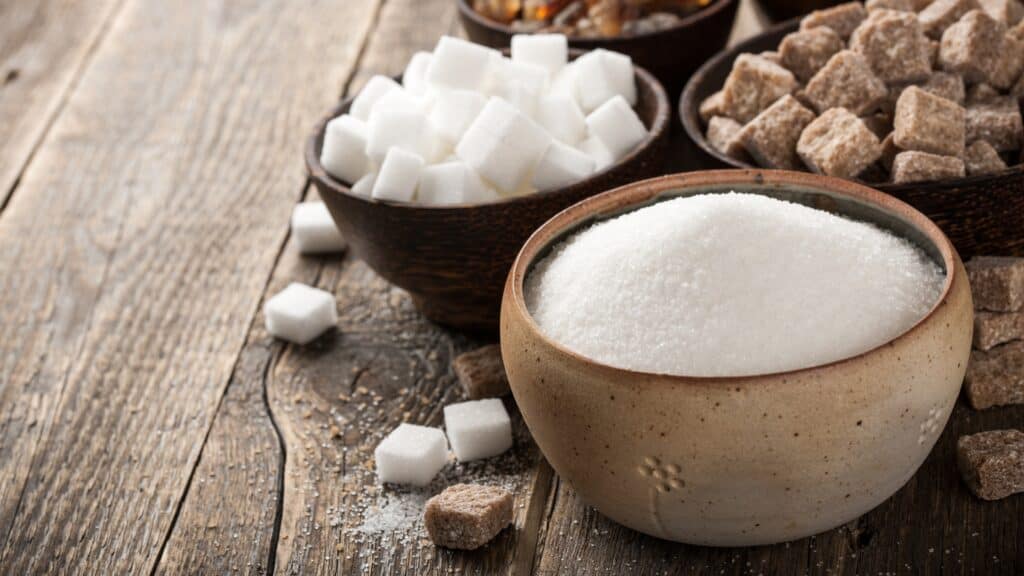As an endurance coach deeply entrenched in the world of long-distance running and athletic performance, I often find myself at the intersection of various dietary philosophies, one of the most prominent being the LCHF (Low Carb High Fat) diet advocated by Prof Tim Noakes.
Today, prompted by a question from a curious member named Val, I delve into the complexities of this dietary approach and share my insights on its relevance to athletic performance.

Val’s inquiry stems from her attendance at one of my seminars, where I emphasized the importance of a balanced and healthy diet.
Having recently completed the gruelling Comrades Marathon, she sought clarity on my views regarding the LCHF diet, especially considering the attribution of her achievement to my guidance.
It’s a question that warrants careful consideration and an honest appraisal of the evidence at hand.
While I don’t strictly adhere to the LCHF diet, I do recognize its merits, particularly in its emphasis on reducing processed sugar and carbohydrates—a principle I wholeheartedly endorse. However, my experience coaching endurance athletes has led me to advocate for a more balanced approach to nutrition, one that includes a moderate intake of carbohydrates from natural sources. It’s about finding what works best for each individual athlete while prioritizing their long-term health and performance goals
Foremost among these is the recognition of the detrimental effects of excessive processed sugar and carbohydrates on our overall health and well-being.
Indeed, the reduction of sugar intake has emerged as a cornerstone of both Noakes’ teachings and my own approach to nutrition, grounded in evidence-based practices and a commitment to promoting optimal health outcomes.
However, where I diverge from the LCHF paradigm lies in my belief that individuals engaged in high levels of physical activity, particularly endurance athletes preparing for events like the Comrades Marathon, still require a substantial intake of carbohydrates in their diets to support their training and performance goals.
While the LCHF diet advocates for a drastic reduction in carbohydrate consumption in favor of increased fat intake, I maintain that a more nuanced approach, emphasizing the consumption of carbohydrates from natural, unprocessed sources, is better suited to meet the demands of endurance training and racing.
It’s essential to acknowledge that the LCHF diet has yielded positive results for many individuals, including athletes who have experienced improvements in energy levels, body composition, and overall performance.
However, my own experiences and observations within the endurance community have led me to advocate for a more balanced approach to nutrition, one that takes into account the unique physiological demands of endurance exercise and prioritizes the consumption of nutrient-dense foods that support optimal health and performance.
In practical terms, this means encouraging athletes to incorporate a variety of whole foods into their diets, including fruits, vegetables, lean proteins, and yes, even carbohydrates, sourced from sources like potatoes, grains, and legumes.
By adopting a more inclusive approach to nutrition, athletes can enjoy the benefits of sustained energy levels, enhanced recovery, and improved performance without compromising their long-term health and well-being.
In conclusion, while I respect the principles underlying the LCHF diet and acknowledge its potential benefits for certain individuals, my own approach to nutrition is rooted in balance, moderation, and informed decision-making.



Comments are closed.